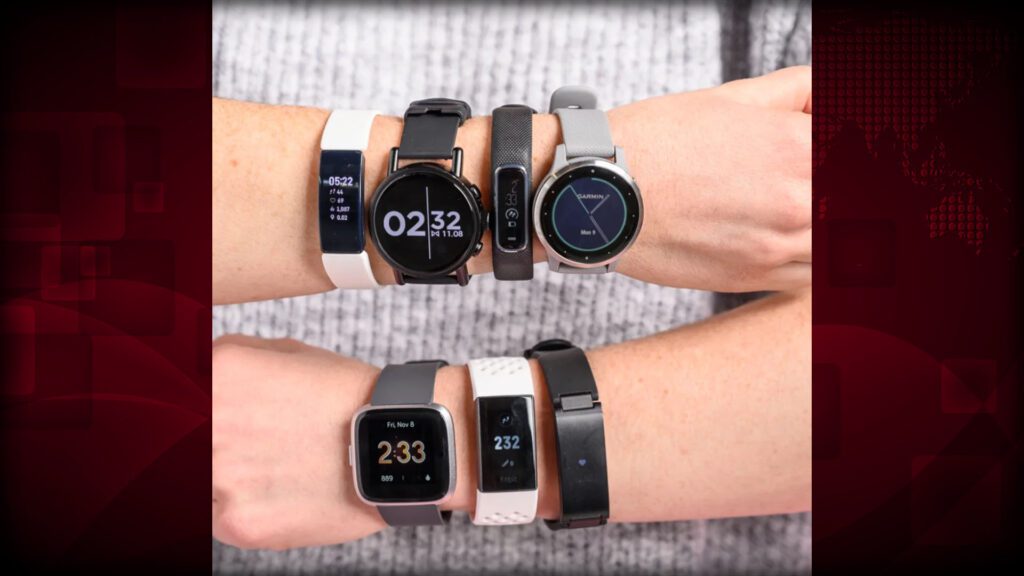The U.S. military has announced its latest controversial plan to monitor troops with fitness trackers despite previous concerns. The Pentagon’s Defense Innovation Unit successfully used the banned trackers during the pandemic and have decided to change course on the controversial devices. Let’s find out more.
The Pentagon’s Defense Innovation Unit is reportedly planning to expand the use of fitness trackers that were once banned for deployed troops over concerns that GPS trackers could reveal the locations of sensitive military installations. However, the DIU claims to have successfully used these devices for early detection of COVID-19 within the ranks by developing an AI algorithm that can be paired with commercially available trackers. This technology allowed the Pentagon to track the spread of COVID-19 through a unit days in advance and mitigate the disease threat to troops, which was previously difficult to battle and had negative effects on military readiness.


The use of fitness trackers for health and fitness monitoring is not new to the military. However, this new initiative by the Pentagon’s DIU is expanding the use of these devices beyond traditional health and fitness monitoring.
The DIU’s Rapid Assessment of Threat Exposure project, which uses commercially available fitness trackers, allowed the Pentagon to track the spread of COVID-19 through a unit days in advance and provided early alerts to potential infection before it spread.
This AI algorithm developed by the DIU is “device agnostic” and can be used across multiple device platforms, making it a versatile solution for early detection of potential health threats in the ranks. This technology will not only help the military track the spread of infectious diseases, but it will also allow for monitoring of overall health and fitness levels of troops.
Defense Intelligence Unit (DIU) developed a device-agnostic AI algorithm that detects illness in service members 48 hours before symptoms appear, with the algorithm capable of detecting illness across multiple platforms.
The devices can provide soldiers with awareness of how their lifestyle choices, such as drinking until midnight, can negatively impact their health and fitness levels. By monitoring their health and fitness, soldiers can make better choices that will benefit their overall well-being and improve their readiness.
The DIU’s expanded use of fitness trackers will enable the military to take a proactive approach to health and fitness monitoring, ultimately improving the overall health and readiness of the troops. However, the use of these devices raises concerns about privacy and security.
The DIU’s expanded use of fitness trackers for early detection of potential health threats in the ranks was a positive step towards improving the health and readiness of the troops. The AI algorithm developed by the DIU is a versatile solution that can be used across multiple device platforms, making it a valuable tool for health and fitness monitoring. However, concerns about privacy and security should not be ignored. As this technology continues to be developed and expanded, it is important for the Pentagon to prioritize the security and privacy of the troops.
Let’s continue this conversation, in the comments below.



